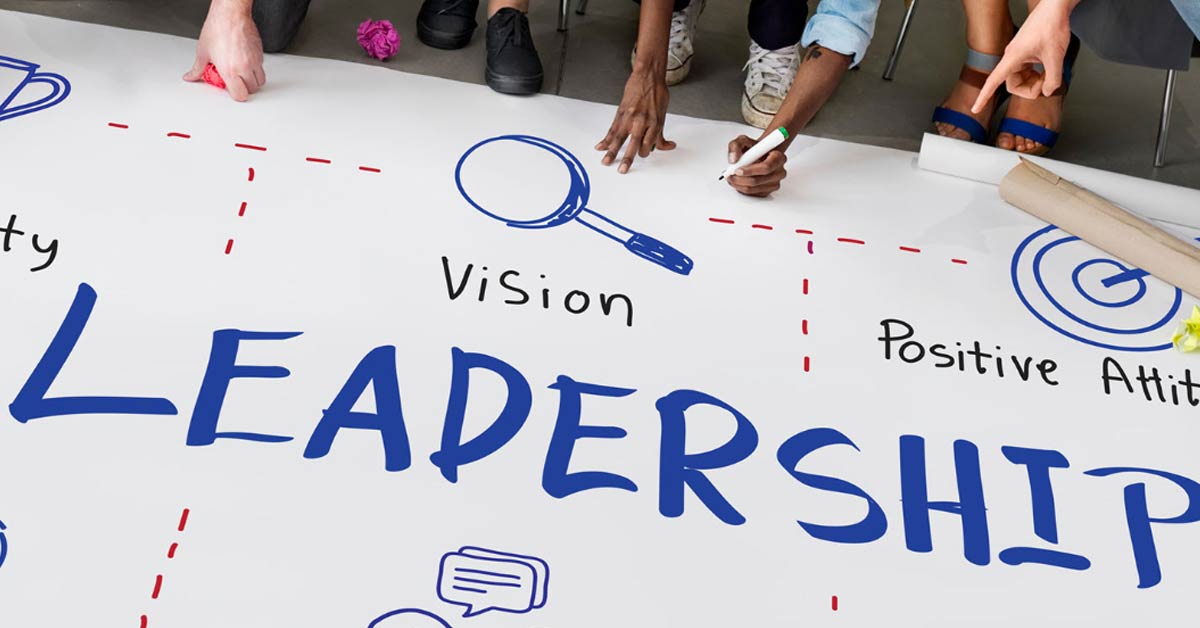Practice Leading Better: How being open improves relationships and organizations

“As a leader, signaling openness with humility and showing a willingness to be wrong is impactful.” – Dr. Danielle Doucette
Being an effective leader in an organization is a tall task – if you take it responsibly.
Imagine the following scenario: you are at a meeting to plan for an upcoming event that occurs every year. It’s held at the same one or two places in your town, and someone new to the organization suggests a new place to hold the event and presents an idea to do something differently at the event. One of the long-time leaders of the organization automatically states “No, this is how we’ve always done it.”
To lead better, it is important to be open to new ideas, especially those that strongly contradict your beliefs and ideas about how things should be. In fact, the more energy you have around rejecting an idea (because you are so convinced that your way is the best way to go about doing something), the more I invite you to reflect on the following premise.
When presented with a suggestion from a colleague, we have two choices – we can be closed or open to the new idea. When we strongly believe that our way is the only or best way, we tend to automatically dismiss, ignore, change the topic, act as if we didn’t hear, try to convince the person that their way is the best way, or outright reject anything otherwise. This is what it means to be closed, and oftentimes pertains to a person wanting to avoid doing something new or different, or worse, is an attempt to dominate and assert authority. These reactions may (inadvertently) signal to others:
How dare you challenge me?
It’s my way or the highway.
When presented with a suggestion, we can practice being open – which actually sounds easier said than done because this really means you may have to sacrifice your firmly held belief. Rather than signaling “I’m right and you are wrong”, practicing openness signals humility, that you are willing to consider other ideas, and that others’ ideas and suggestions matter. As a leader, signaling openness is quite impactful.
It is important not to mistake openness for approval, or for meaning that you will mindlessly let go of your beliefs or simply give in. It does, however, mean that you are willing to reevaluate your strongly held convictions. In the end, in a collaborative way, you might decide that making the change suggested isn’t the way to go after all. But, you’ve signaled in a manner that enhances trust, the relationship, and overall creates an environment of growth, learning…and you guessed it – more openness.
But, how do you signal openness? That’s for another post. For now, I ask you to consider what you automatically do when you are presented with information that you dislike, disagree with, and are closed about. In those moments, how do you react? Do you pretend to agree when you really don’t? Does your body tense up? Do you avoid eye contact? Speak louder?
Keep in mind, everyone has moments when they are closed rather than open to new ideas or different ways of thinking. And, when we are stressed, anxious, or overwhelmed, we may be more likely to be closed to new ideas. This is natural. To learn how to cope with these emotions and practice being more open, your therapist can teach you skills so that you can communicate and signal openness effectively.
About: Dr. Doucette is the Clinical Director of Eating Disorders at Midwest Counseling & Diagnostics. She has been in a leadership role at Midwest for 7 years, sees individuals for psychotherapy, provides consultation, and offers weekly Radically-Open Dialectical Behavior Therapy Skills training classes. For more information, she can be reached at danielle@midwestcounseling.com
If you need support, contact our Intake Director, Rose Metivier at Rose@midwestcounseling.com. She will be happy to connect you with a therapist. If you are curious about online therapy sessions, check out Making the Most of Online Therapy Sessions to find ways to make them work for you while at home. We’re here to help.
your healing journey today.
